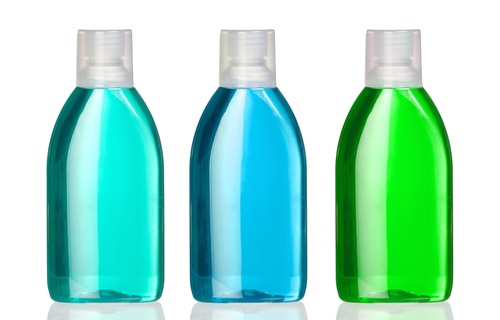 It’s official: summer is still here, and it is HOT!
It’s official: summer is still here, and it is HOT!
From picnics to barbecues, swimming to sunbathing, summer activities can easily put a smile on anyone’s face.
Unfortunately, many things that make summer fun can also be harmful to your smile. Follow these tips to keep your smile sparkling this season!
Maintain Hydration
Dehydration is one of the biggest problems during our long, hot Atlanta summers. Dehydration can lead to dry mouth, which can cause serious tooth decay. So, protect yourself by drinking plenty of water, enjoying hard candies sweetened with xylitol, or chewing sugar-free gum to promote saliva production and keep your mouth moist. Watch out for those energy and fitness drinks!
Ocean vs. Pool
Chlorine, which is used in most swimming pools, can erode and weaken teeth over time. The salt found in ocean water, however, decreases bacteria in the mouth, providing a healthy oral environment.
Limited Sun Bathing
Overexposure to the sun can be harmful, but casual and limited time in the sun increases your level of vitamin D, which is essential to maintaining a healthy smile and body.
Refreshing Summer Snacks
Fruit is always a popular summer snack, so it’s important to know that some fruits are better for your teeth than others. The high water content in watermelon helps clean teeth and gums. Citrus fruits, such as oranges and grapefruit, can cause enamel erosion because of their high acidity. If you love citrus fruits, rinse your mouth with water after you eat them (but don’t brush right away) to wash away the acids.
Natural Remedies for Teeth Whitening
Believe it or not, strawberries are considered a natural remedy for brightening your smile. Rub them on your teeth to remove all stains. Rubbing the inside of an orange peel on your teeth can also help whiten them, or try brushing your teeth with a mixture of apple cider and vinegar.
For more information about a healthy smile, call Dr. Peter Pate at Dentistry in Buckhead at (404) 226-9424.




